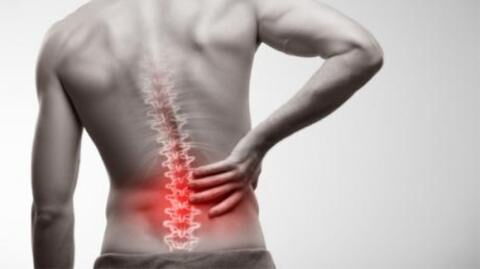If you didn't already know, testosterone levels (T) are essential to ensure muscle growth. As the sex hormone found predominantly in people with penises, it is important to have healthy amounts of it throughout your life (regardless of your gender) in order to reduce your risk of developing certain conditions such as obesity, diabetes and heart conditions.
Discover our latest podcast
Throughout decades, studies have found a direct correlation between exercise and testosterone production with particular research supporting evidence that optimal levels of testosterone are responsible for greater brain function and muscle development, especially in people with penises.
But, is there such a thing as a particular type of exercising that boosts T level production more than others? And, inversely, are there any types of workouts you should avoid if you are looking to stimulate your testosterone levels? The answer is a double yes.
Resistance training
One 2007 study published in the National Library of Medicine, showed that people with penises who practiced strength/resistance training three days a week for four weeks in a row saw a significant increase in T levels right after a workout and over time.
More specifically, people with penises were recorded to have boosted their T levels by 21.6% after completing a 30-minute weight lifting session. Similarly, people with vulvas, also saw their T levels increase, but only by 16.7%.
Hight intensity interval training (HIIT)
HIIT workout sessions have also been proven to increase T levels in people with penises but not in people with vulvas. A 2012 study also published in the National Library of Medicine found that interval training that consisted in 90 seconds of sprinting on a treadmill interspersed with a 90-second recovery period significantly boosted T levels when compared to those who completed a 45-minute jogging routine.
In turn, it has also been proven that cardio has no effect in boosting one's testosterone levels in either people with penises of vulvas. In fact, an excess of cardio can lead to a decrease in T levels.















